
Saudi Arabia and Iran weighing mediation offer
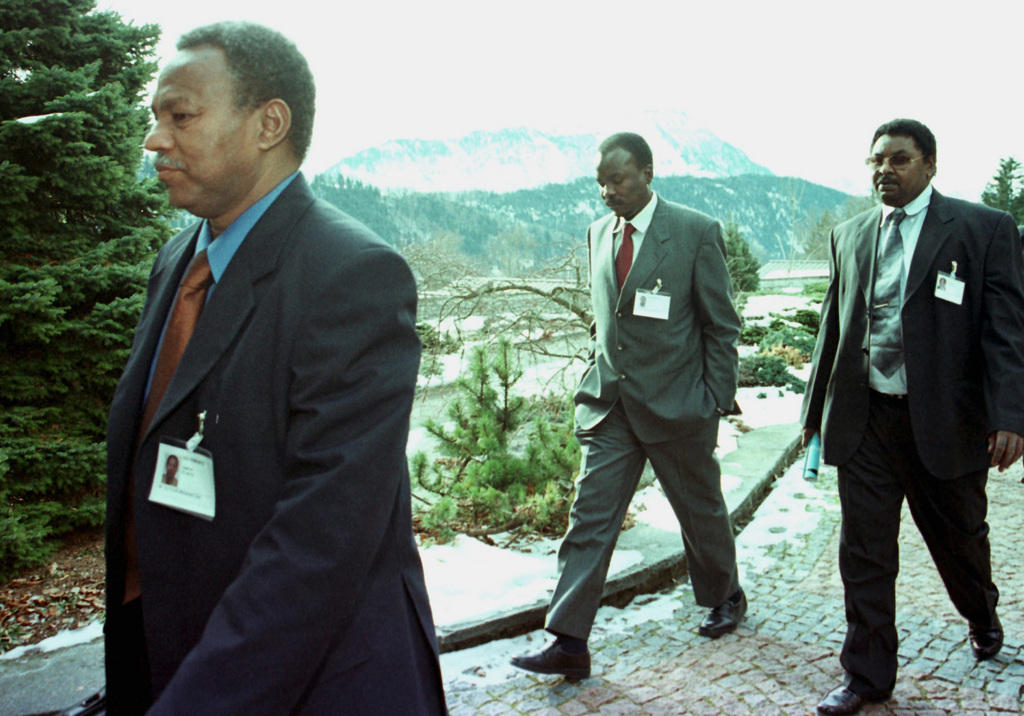
Amid enduring tensions between Saudi Arabia and Iran, Switzerland is poised to introduce an alternative path for turning down the heat between the two adversaries and their proxy wars that have been aggravating both regional and international conflicts.
Swiss Economics Minister Johann Schneider-Ammann indicated during an interview published on Wednesday that the Swiss offer to mediate between Iran and Saudi Arabia appears to gaining traction, as each side discusses how it could be done.
“We have put forward the offer to act as an intermediary between Iran and Saudi Arabia. In both countries negotiations are now taking place to precisely define this mandate, which takes time,” he toldExternal link the Swiss News Agency, upon returning from a four-nation diplomatic trip to Russia, Indonesia, Saudi Arabia and the United States. “We are available, but the condition is that both sides ask for our mediation.”
The tensions are longstanding. Iranian officials have accused Saudi Arabia of masterminding deadly terrorist attacks in Tehran that involved mainly Iranian Kurds but for which the Islamic State group claimed responsibility.
Iran supports Hamas and Hezbollah but is a predominately Shiite nation with no overt relations with the Sunnis of the IS group. Iran, meanwhile, has long accused the Sunni nation of Saudi Arabia and its ally, the US, of sponsoring and even training armed Sunni opposition groups in Iran’s Kurdish region in the west and the Baluchi area in the east.
US President Donald Trump’s visit to Saudi Arabia in May inflamed tensions between Iran and Saudi Arabia particularly after Trump and King Salman of Saudi Arabia singled out Iran as a suspected sponsor of terrorists. sponsoring of terrorists. Saudi Arabia also led a coalition of countries that severed all ties with Qatar and accused it of sponsoring terrorism.
History of mediation
The soon-to-retire Swiss Foreign Minister Didier Burkhalter has emphasized the role of “bridge-building” as a key part of neutral Switzerland’s identity and foreign policy during his tenure in office.
The government’s four-year foreign policy strategy last year attempted to position the Swiss to offer more of its “good offices” role to the rest of the world. Switzerland offers two types of good offices: safeguarding foreign interests, and mediation and facilitation.
In the former category, Switzerland acts as a protecting power to keep up low-level relations and consular protections. At its height, Switzerland had as many as 219 separate mandates involving 35 nations during the Second World War. Now it is fewer than ten.
The most comprehensive and complex mandate is Switzerland’s representation of the US in Iran, which provides a regular channel of communication for confidential communication between Washington and Tehran.
Switzerland was recently asked to represent Iranian interests in Riyadh and Saudi interests in Tehran, after the two countries broke off diplomatic relations. Burkhalter said in a speech last year that “a minimum of contact between Iran and Saudi Arabia is crucial for regional stability, and here too Switzerland is committed to playing its part.”
For mediation and facilitation, Burkhalter saidExternal link, the impartiality and credibility of Switzerland’s foreign policy is paramount since mediation is largely about trust in diplomacy that takes years to establish. The Swiss have mediated in places such as Colombia, Western Sahara, South Sudan, Uganda, Armenia and Turkey.
“Switzerland usually starts its engagement long before a mediation process takes shape or even becomes a possibility,” he said. “Once mediation enters the realm of the possible, a lot of support is needed to prepare the parties for the specific challenges and requirements of a mediation setting, and this support is also part of our good offices.”
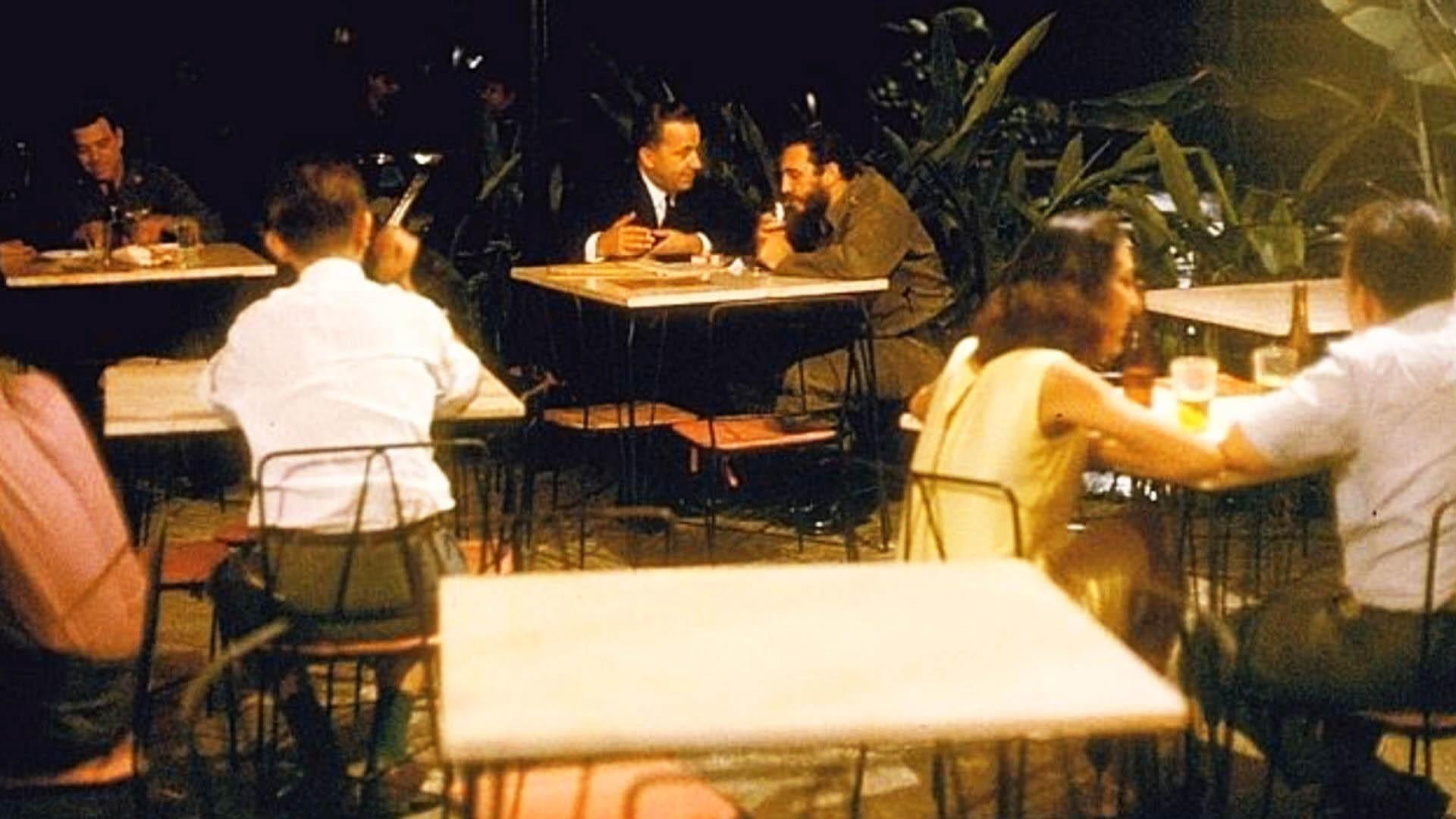
More
The Swiss who helped to prevent World War III

In compliance with the JTI standards
More: SWI swissinfo.ch certified by the Journalism Trust Initiative

































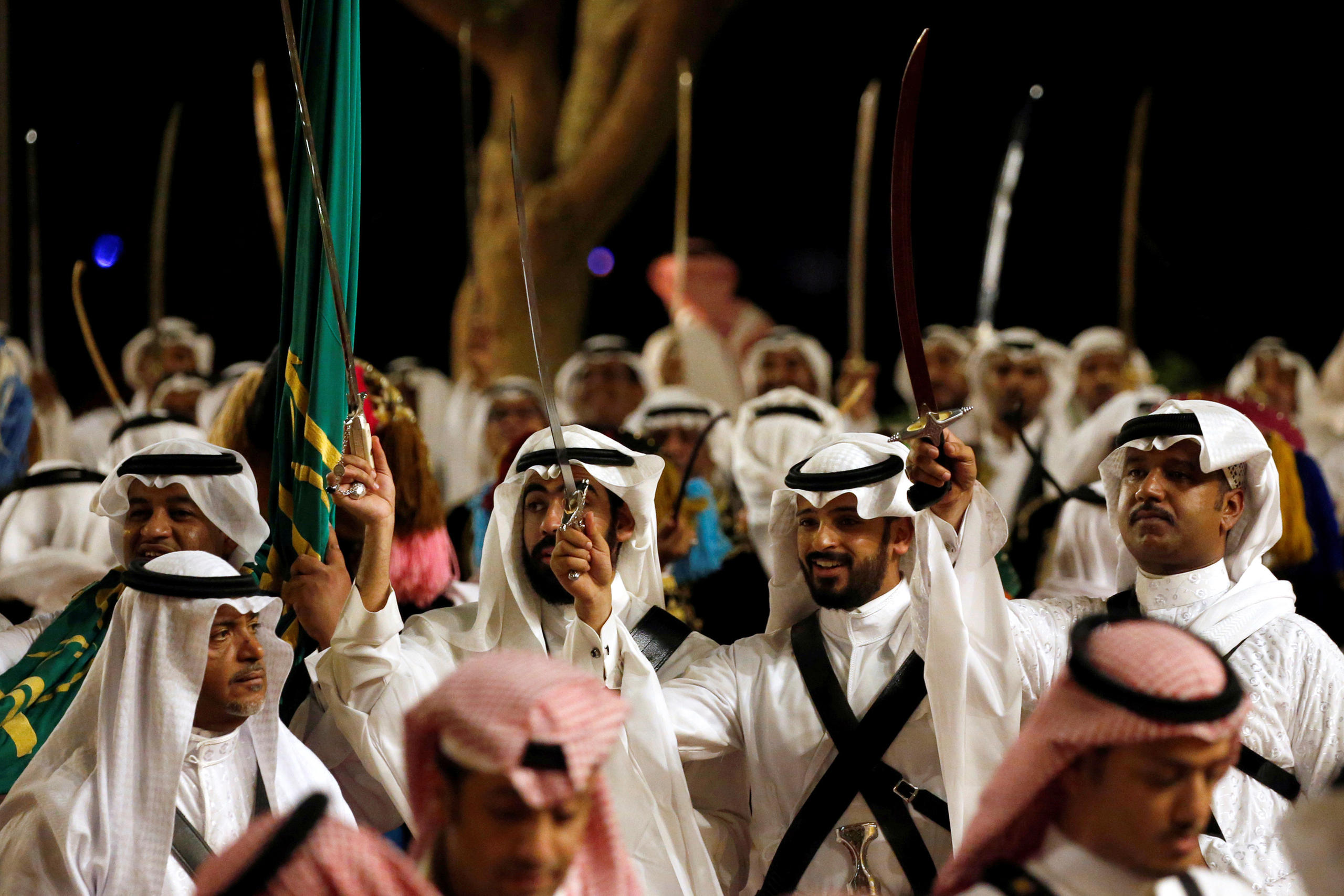
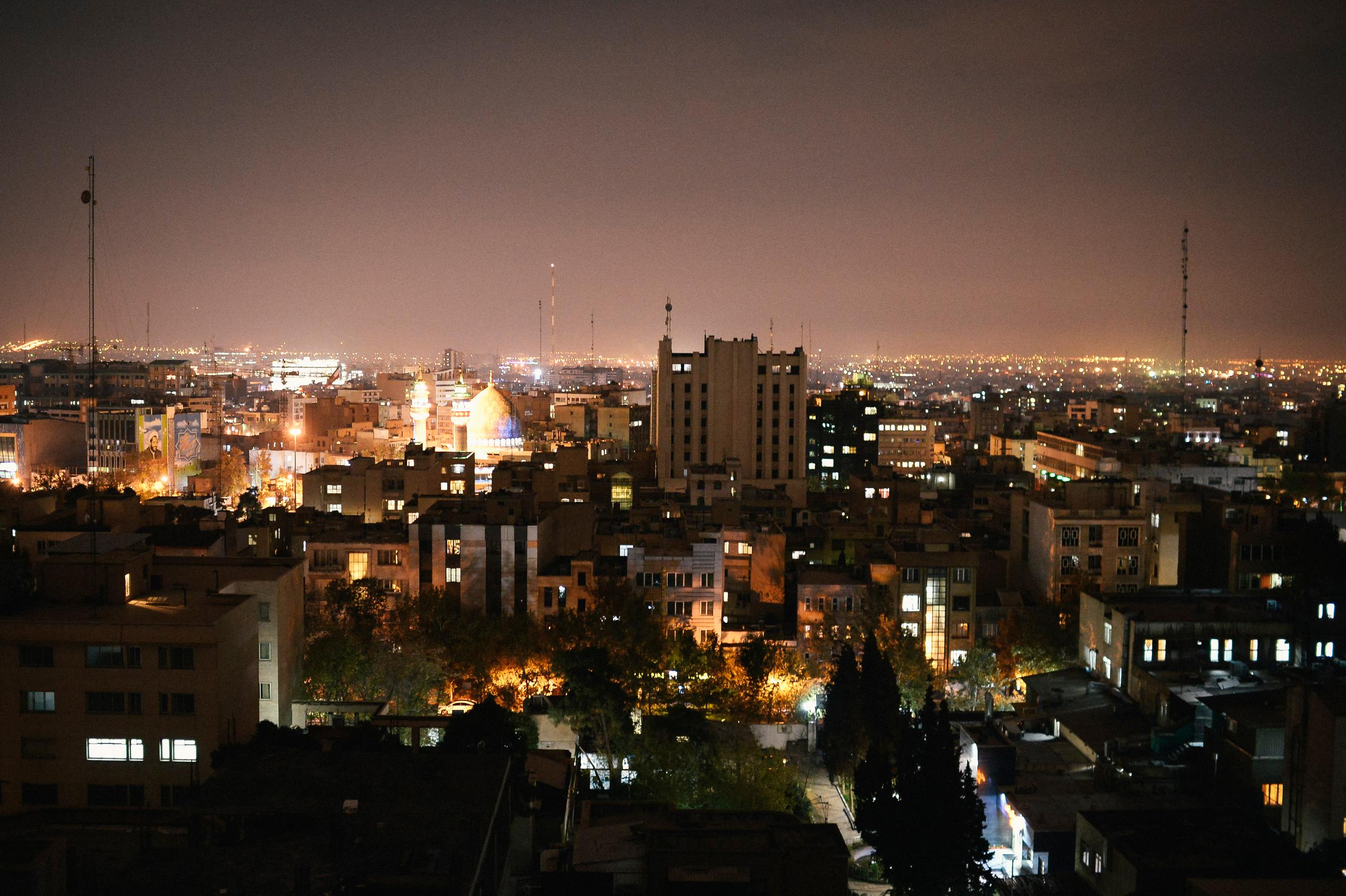
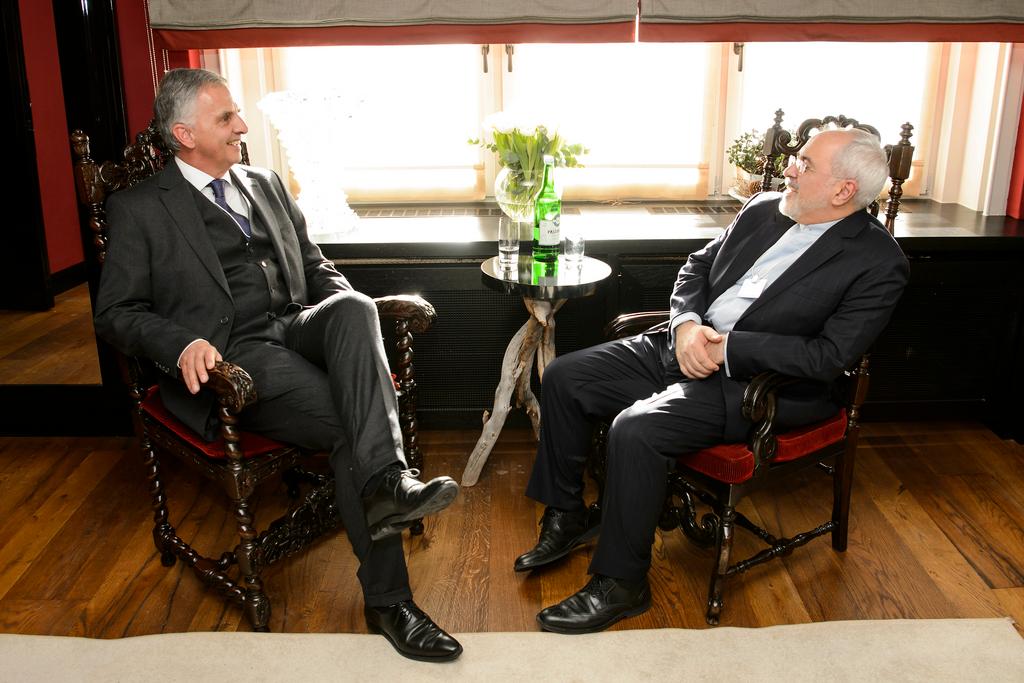
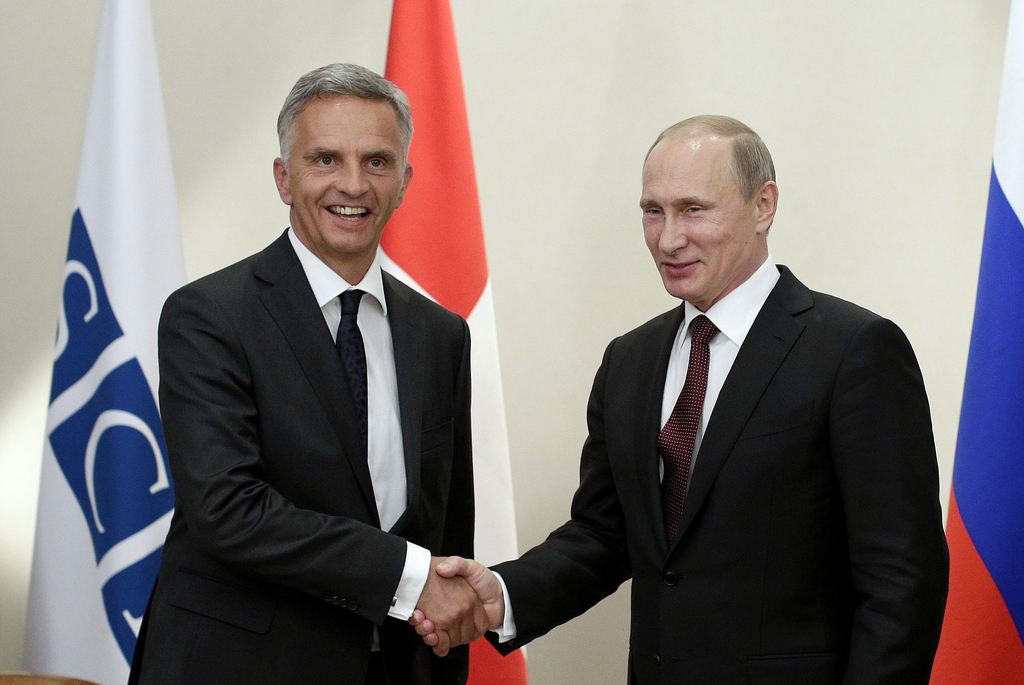
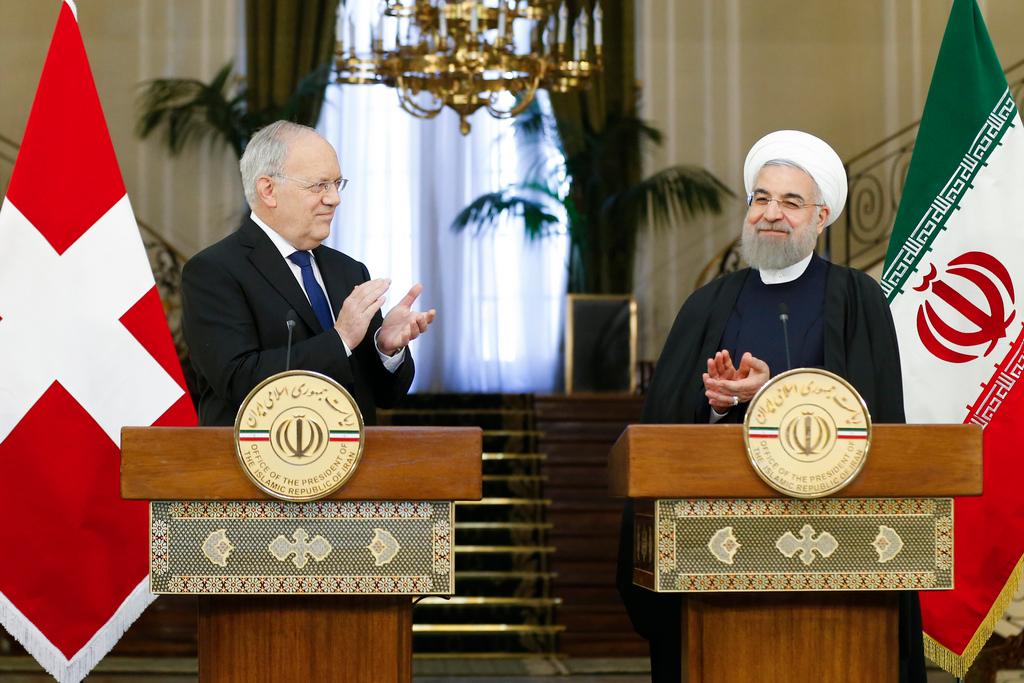



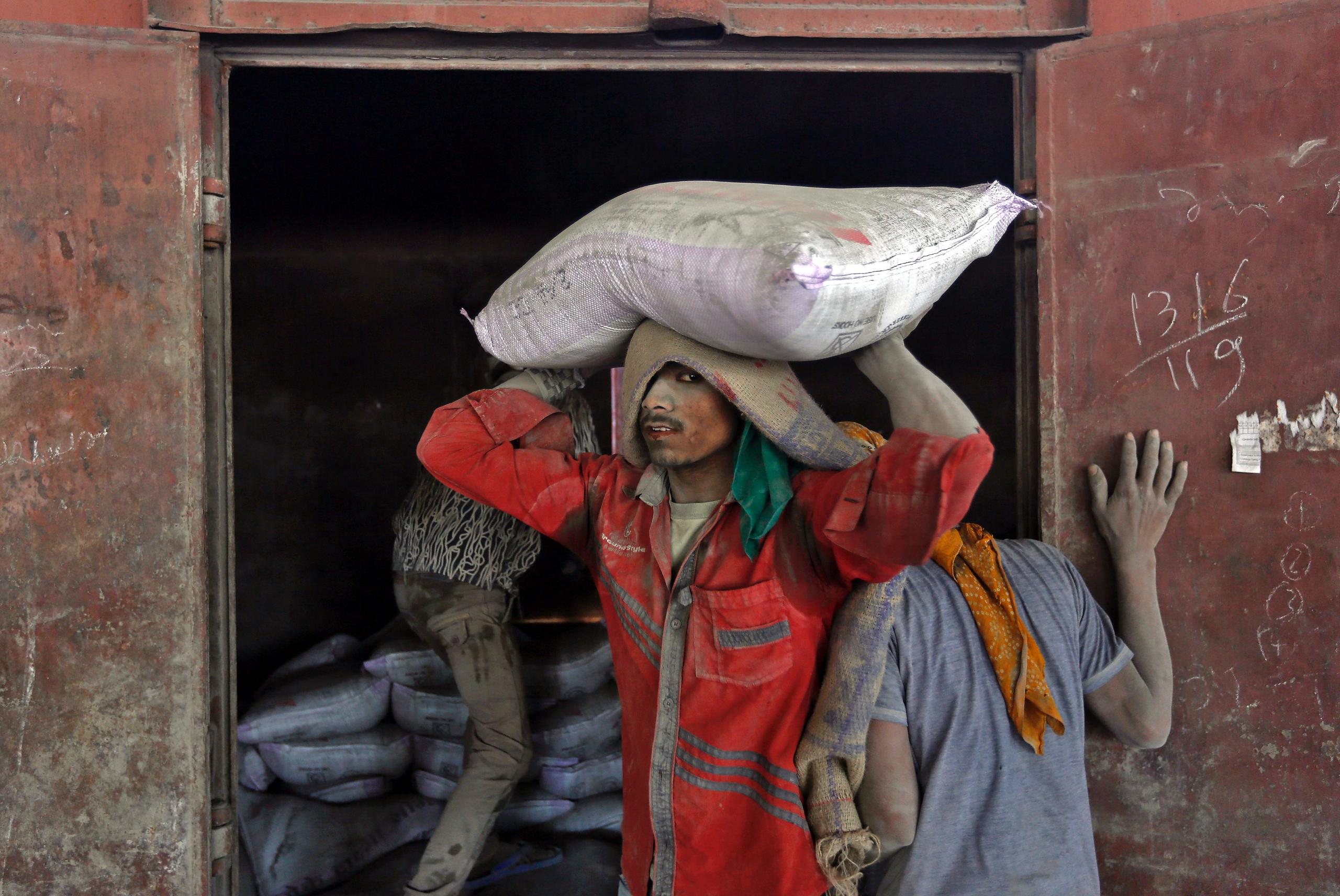

You can find an overview of ongoing debates with our journalists here . Please join us!
If you want to start a conversation about a topic raised in this article or want to report factual errors, email us at english@swissinfo.ch.